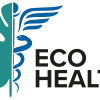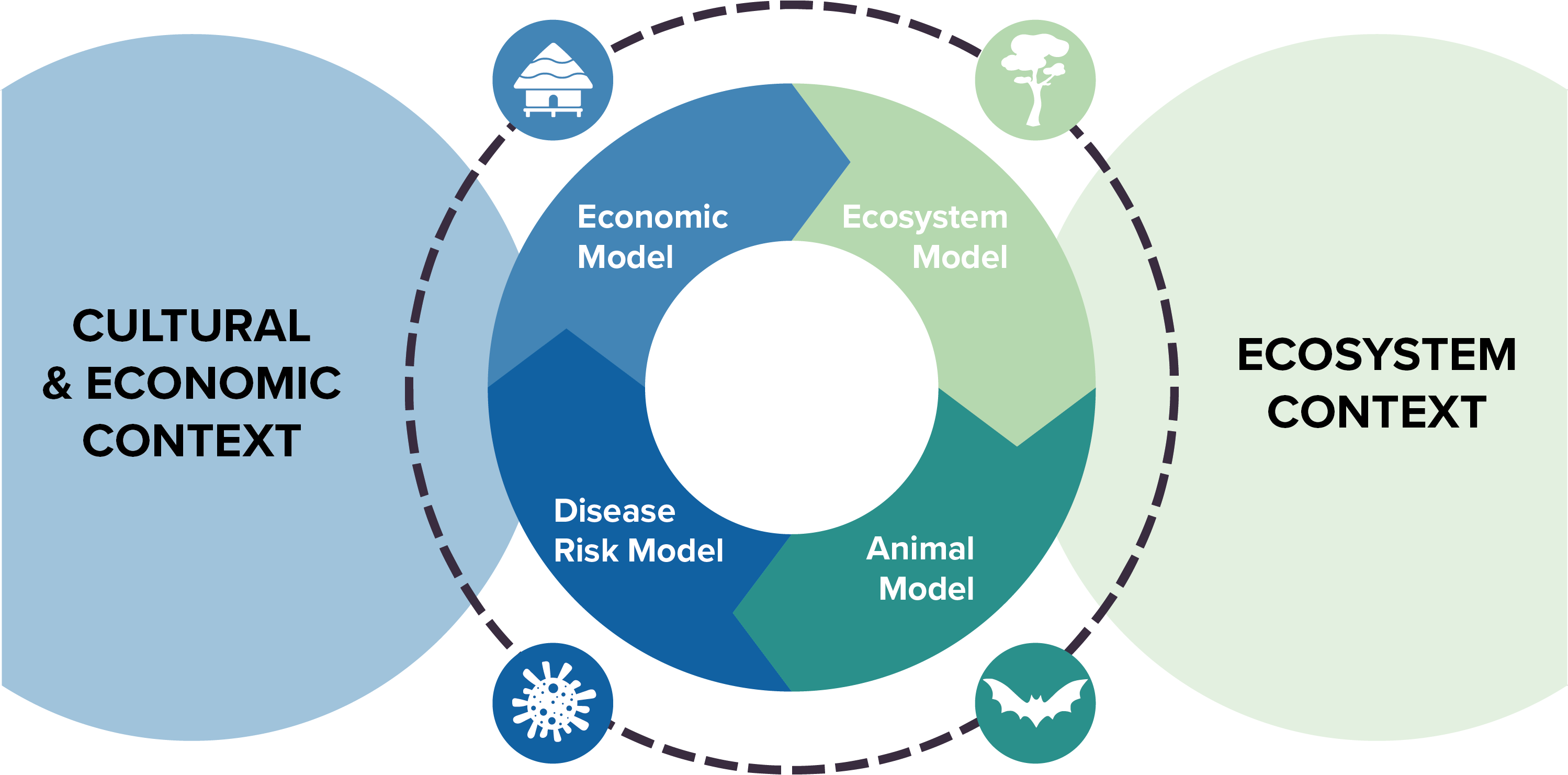
Health, both from an anthropocentric and eco-centric point of view, is vital to societal resilience and well-being. As demonstrated by the 2013-2016 West Africa Ebola epidemic and the 2020-2022 COVID-19 pandemic, emergent zoonotic diseases can lead to a large loss of life and severe disruptions to the health and economic systems, with impacts exacerbated for vulnerable populations. Currently, management of outbreaks relies on early detection and then rapid response systems including public health and government interventions and novel medical developments. However, due to rapidly increasing biodiversity loss, land use change, and climate change, the risk and likelihood of zoonoses is rising, and post-outbreak responses may become even more challenging. Hence, to prevent increasing loss of lives and livelihoods, science and practice should focus more strongly on developing and implementing proactive interventions before a spillover event occurs.
To address this gap in research and policy, we propose to develop a linked-model framework to evaluate how the impact of local economic activity and policy on ecosystems translates into a zoonotic hazard which in turn feeds back on local populations and economies. This allows us to assess how conservation strategies can improve human and ecosystem well-being alike.
Using the Ebola epidemic as a case study, we aim to create a system that can later be adapted to target other zoonotic pathogens such as the Nipah virus, as well as some neglected tropical diseases. To do so, we will build on ongoing IIASA research (e.g., RESIST, Rainforest) into ecosystem resilience, disease modeling, and economic risks, by combining existing IIASA tools (e.g., PlantFATE) and explore optimal strategies for ecosystem management and disease mitigation.
To urgently address the existential threat posed by increasing disease emergence due to anthropogenic land use and climate change, we propose the above proof-of-concept framework enabling systemic solutions to disease risk management.
Project Team
The EcoHealth project combines work in the field of ecosystem function and socioeconomics with both modelling and stakeholder engagement activities. To account for this the work will be undertaken by a diverse group of researchers from four research programs and led by Elisa Stefaniak with background in environmental sciences and plant ecophysiology, and Michael Freiberger, an economist with background in health and environmental economic work.
